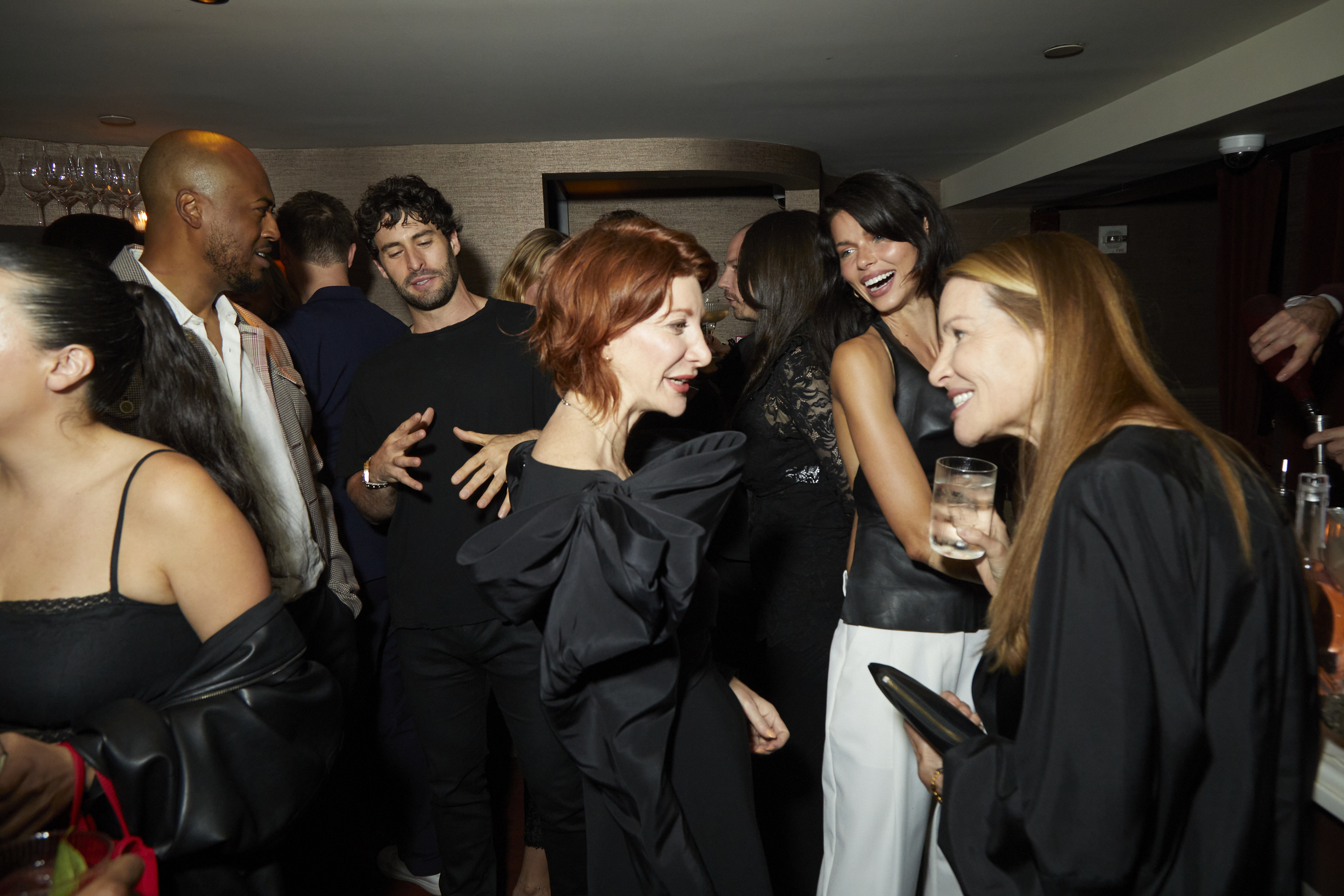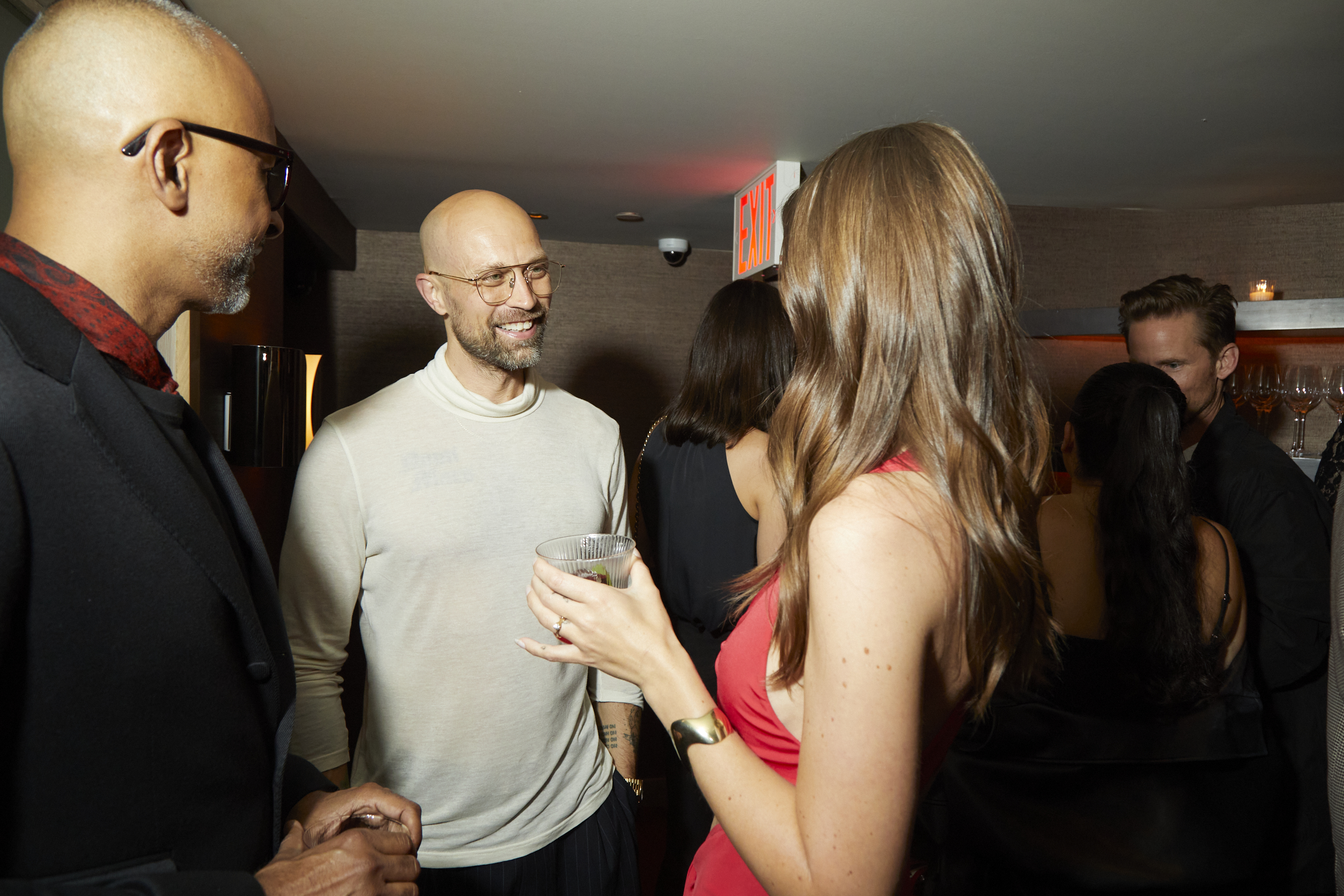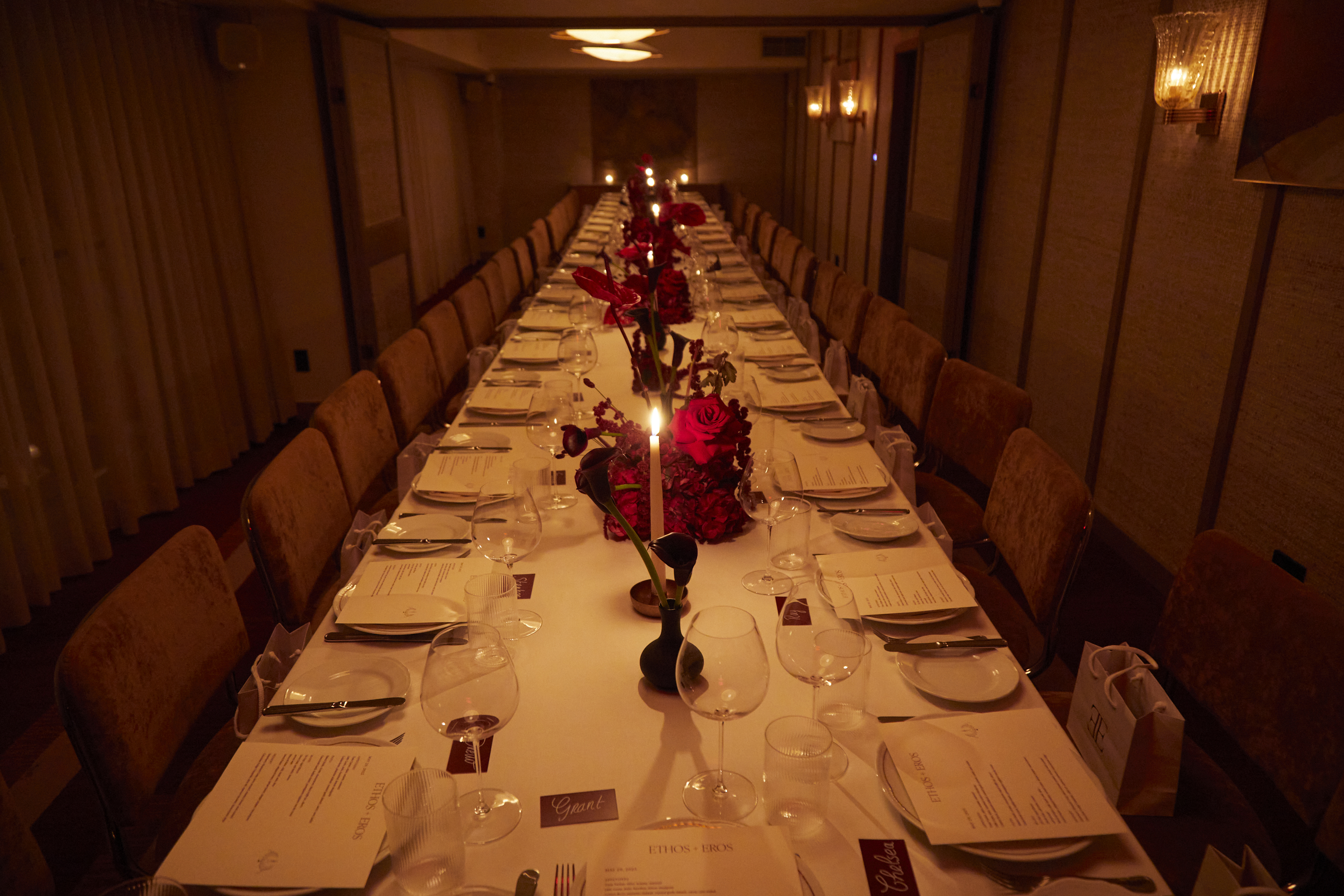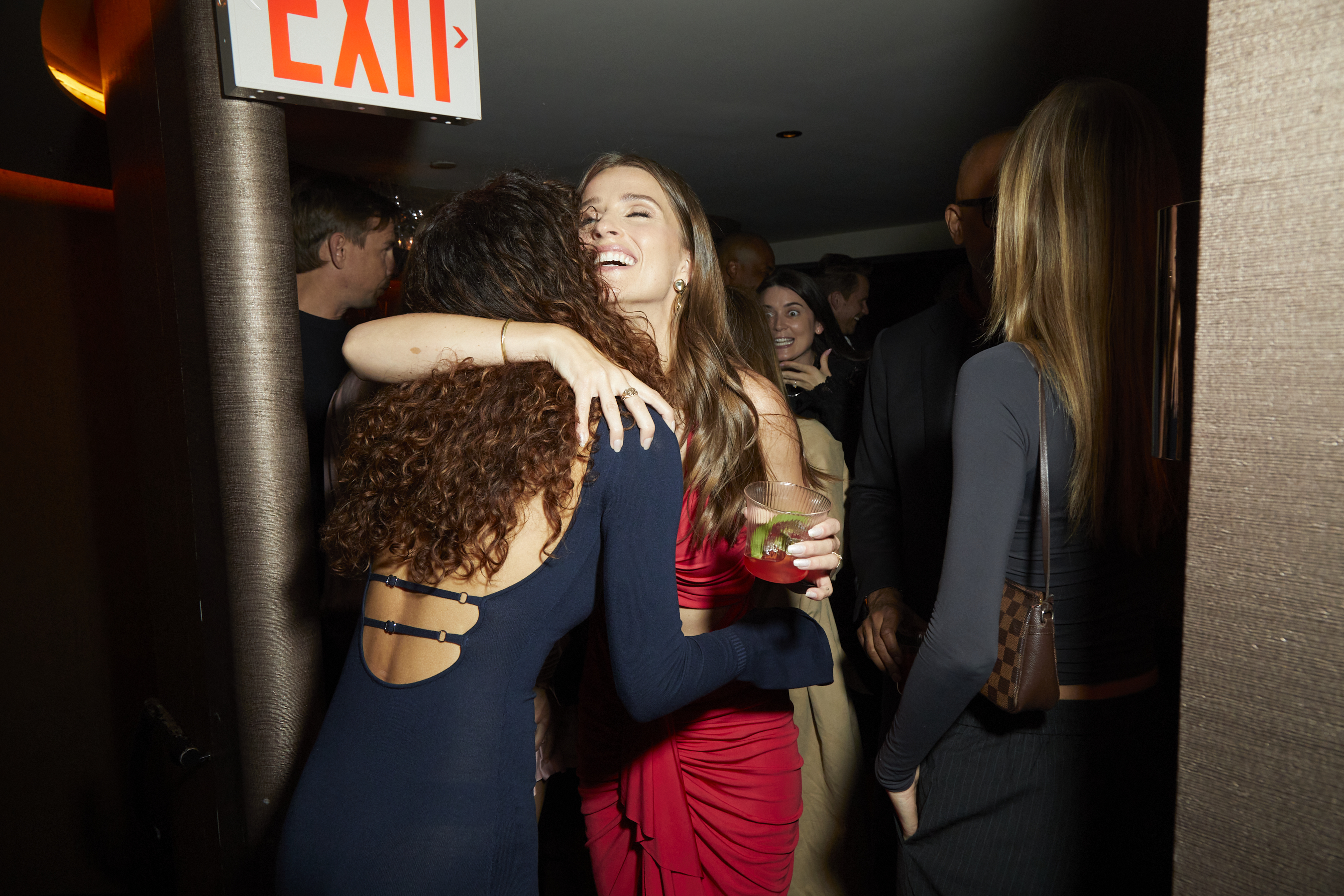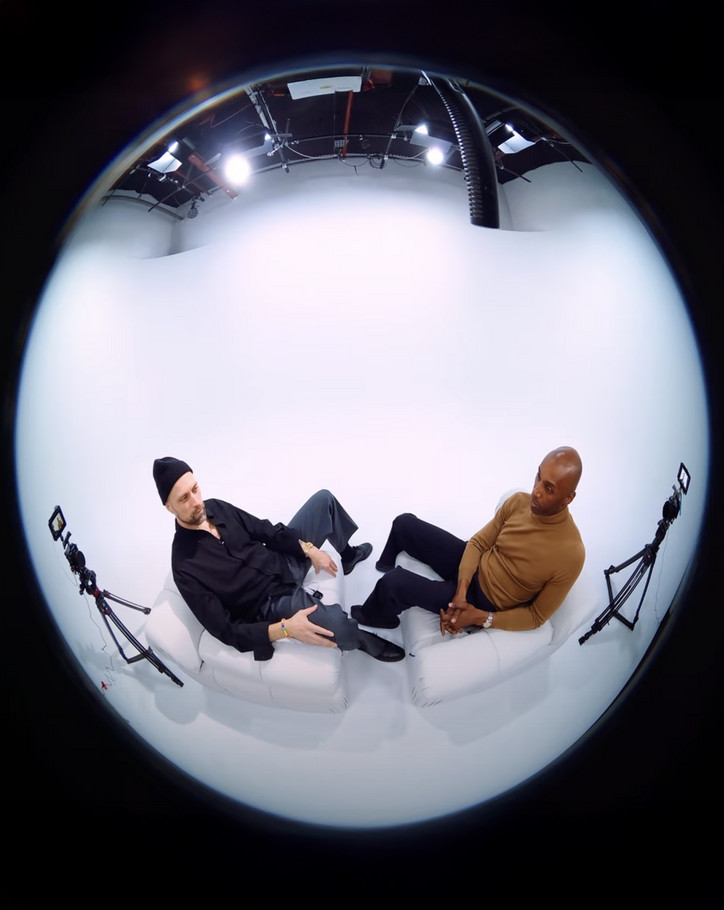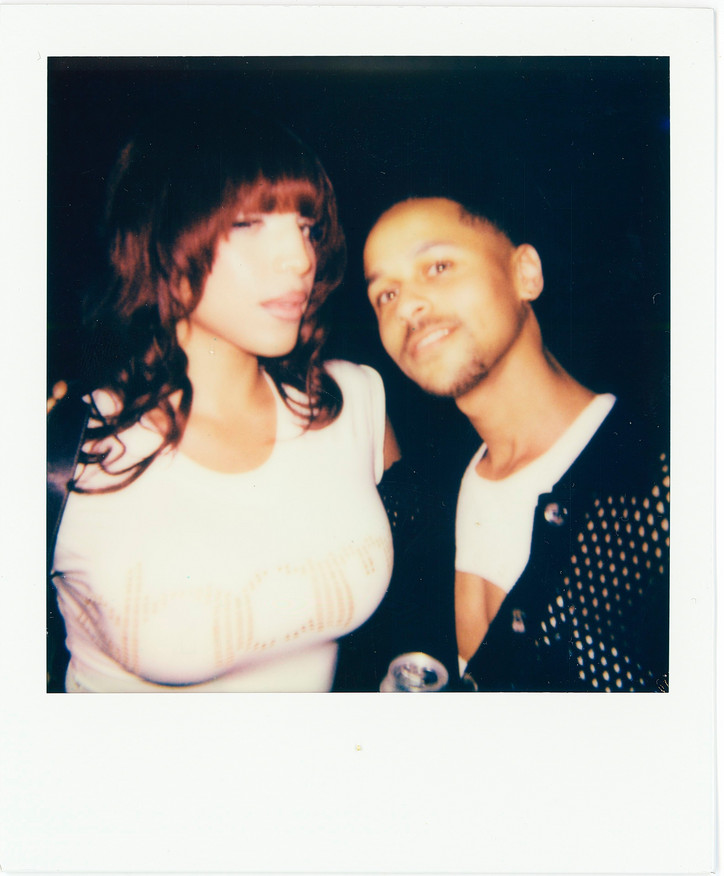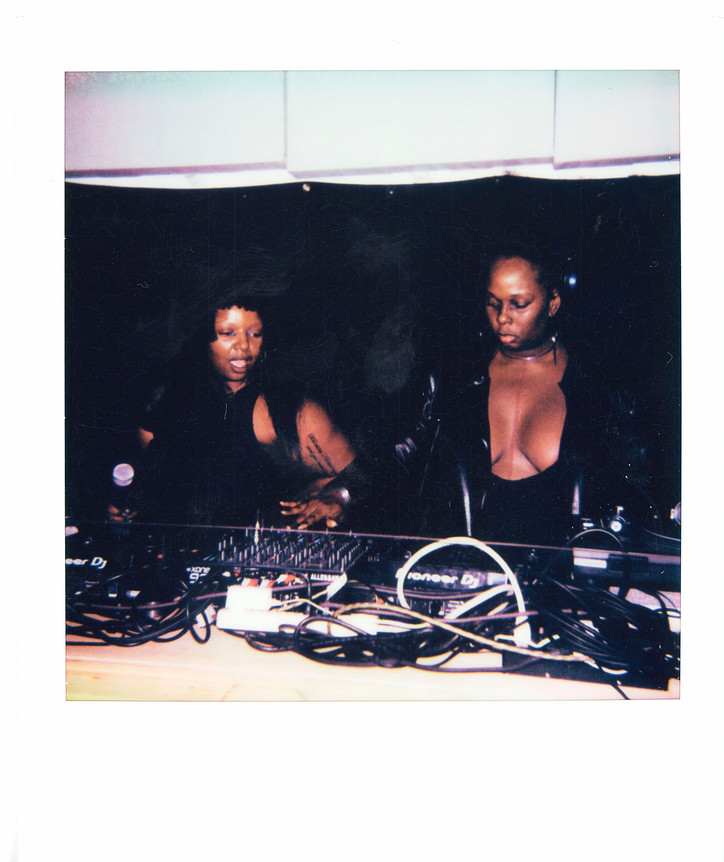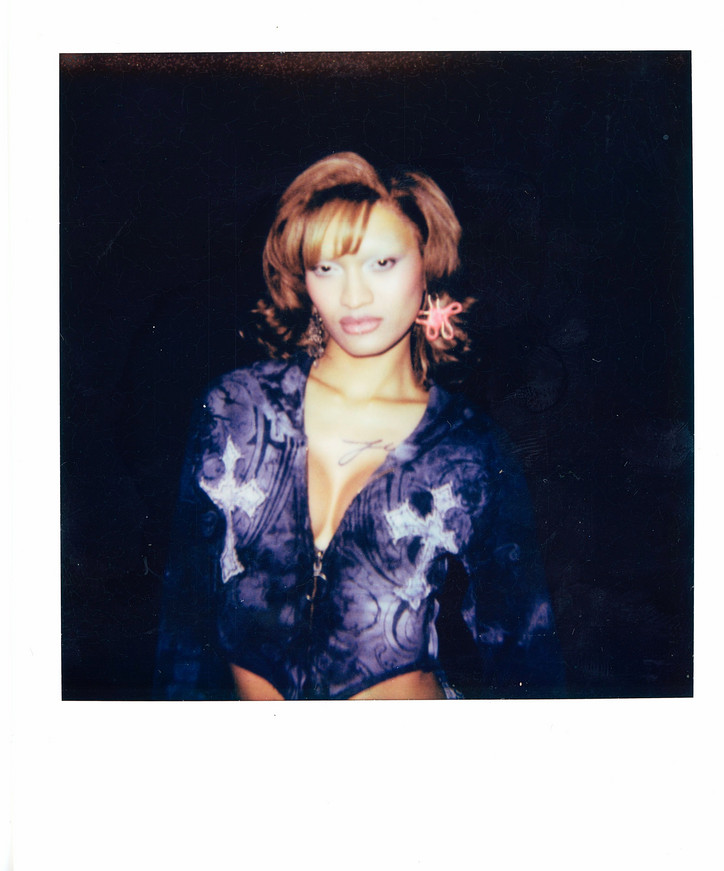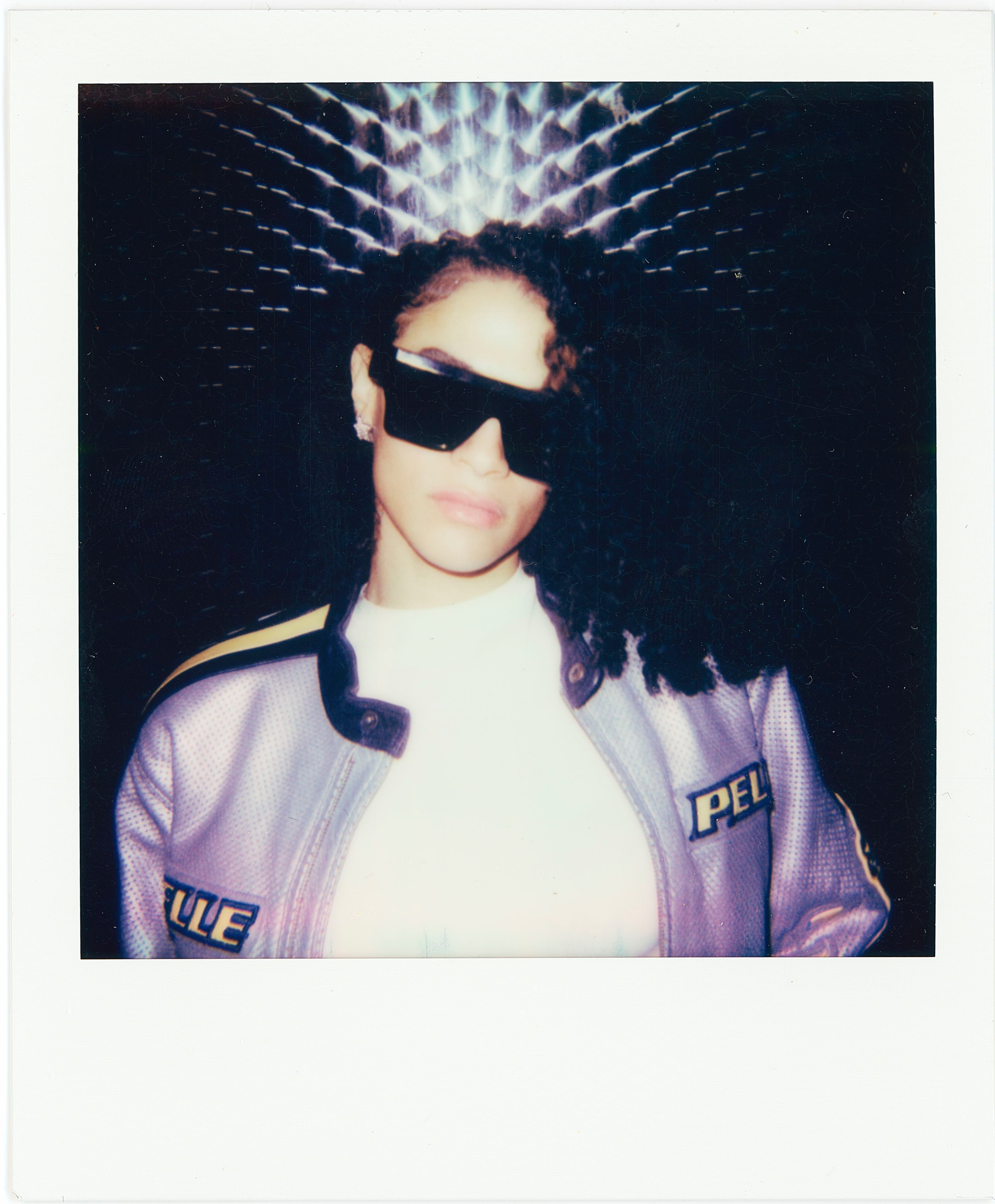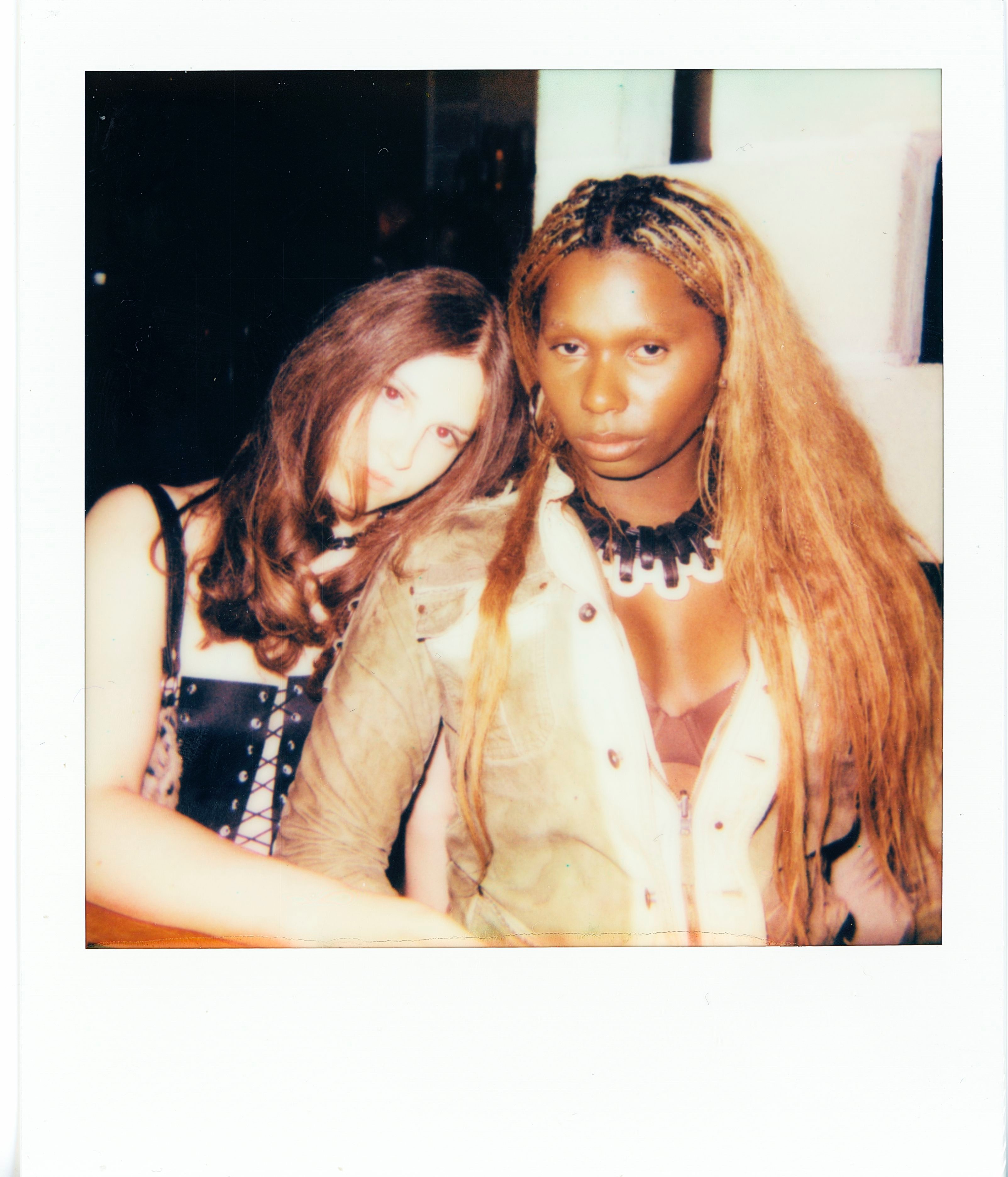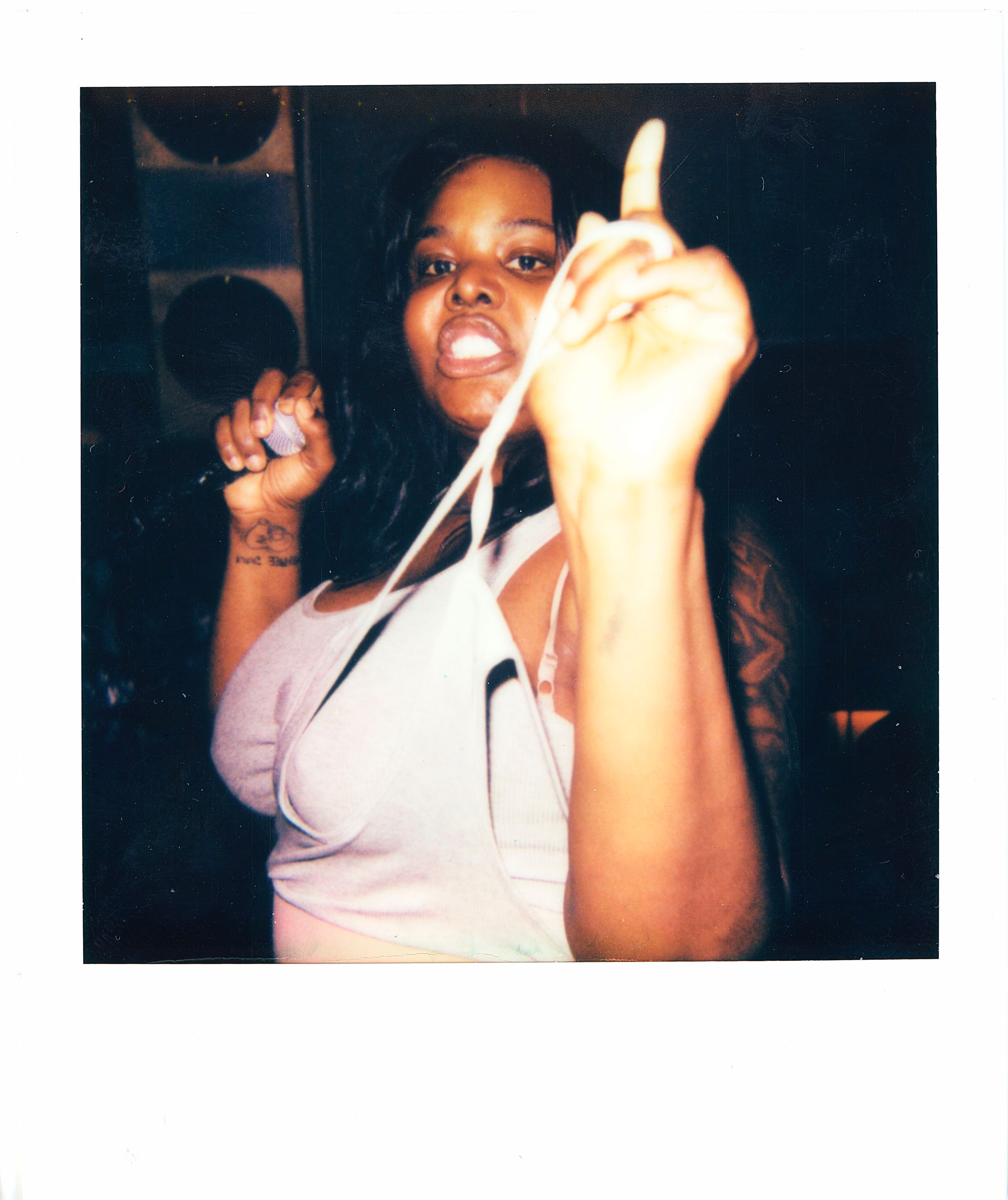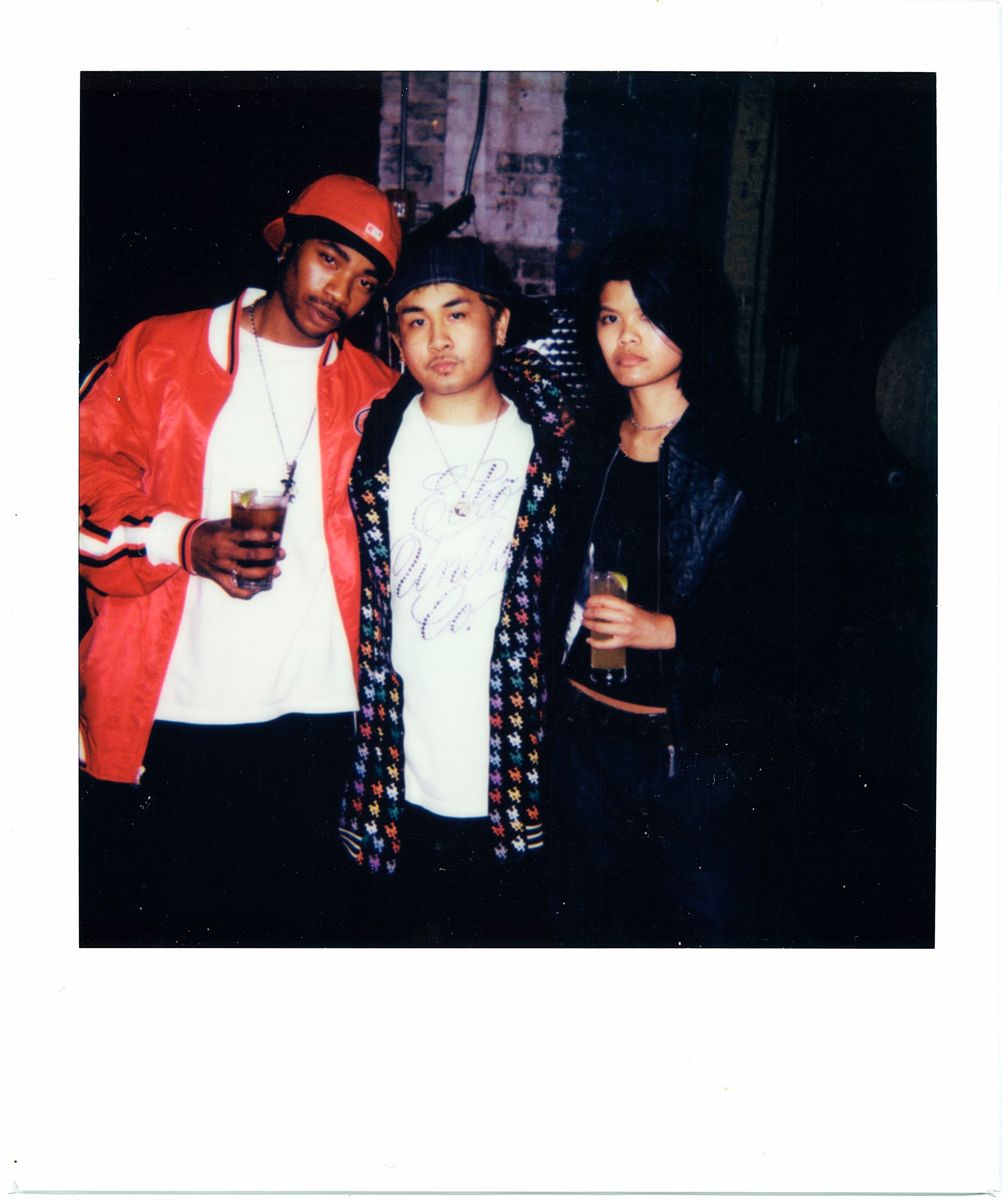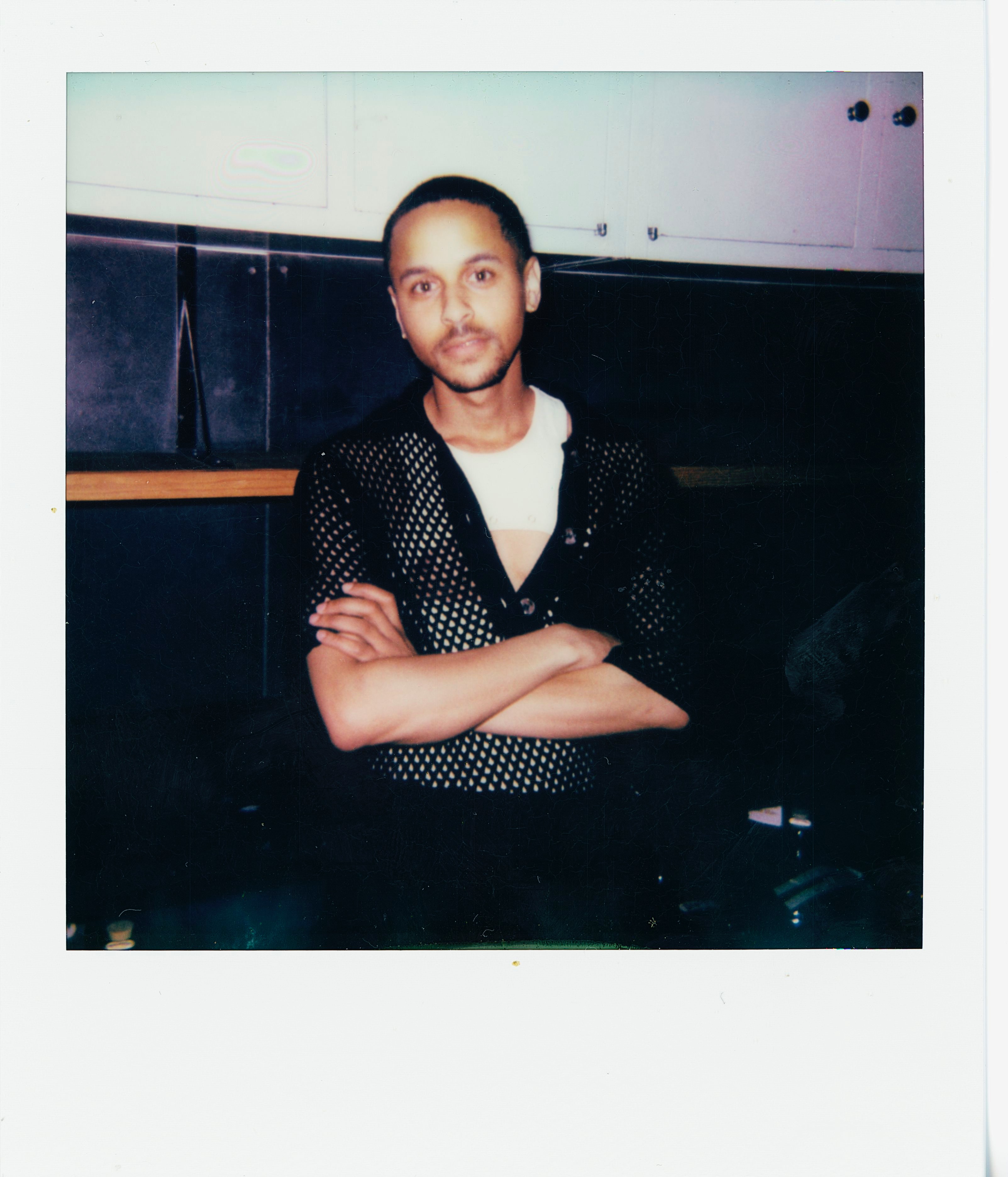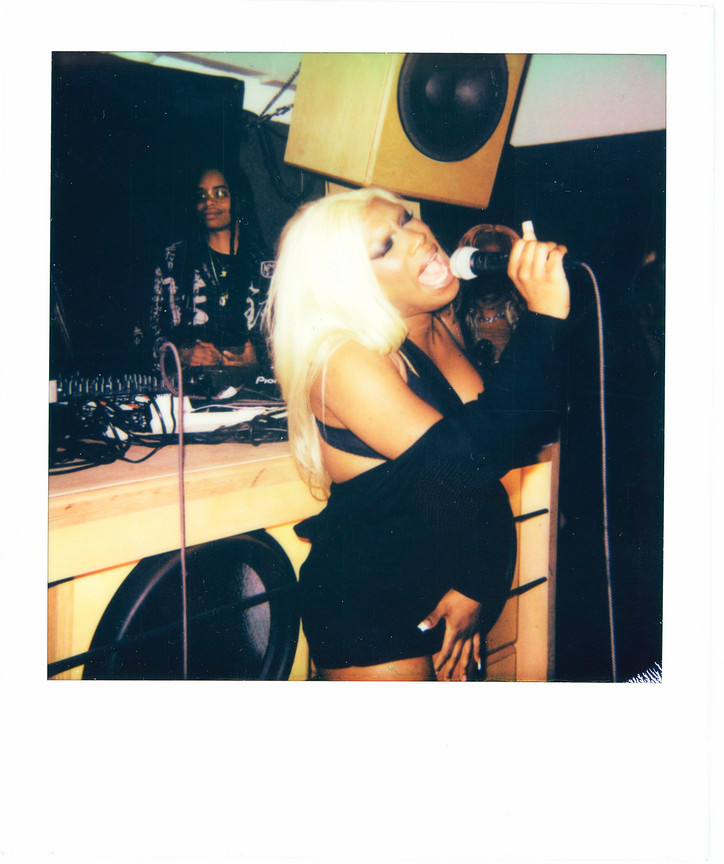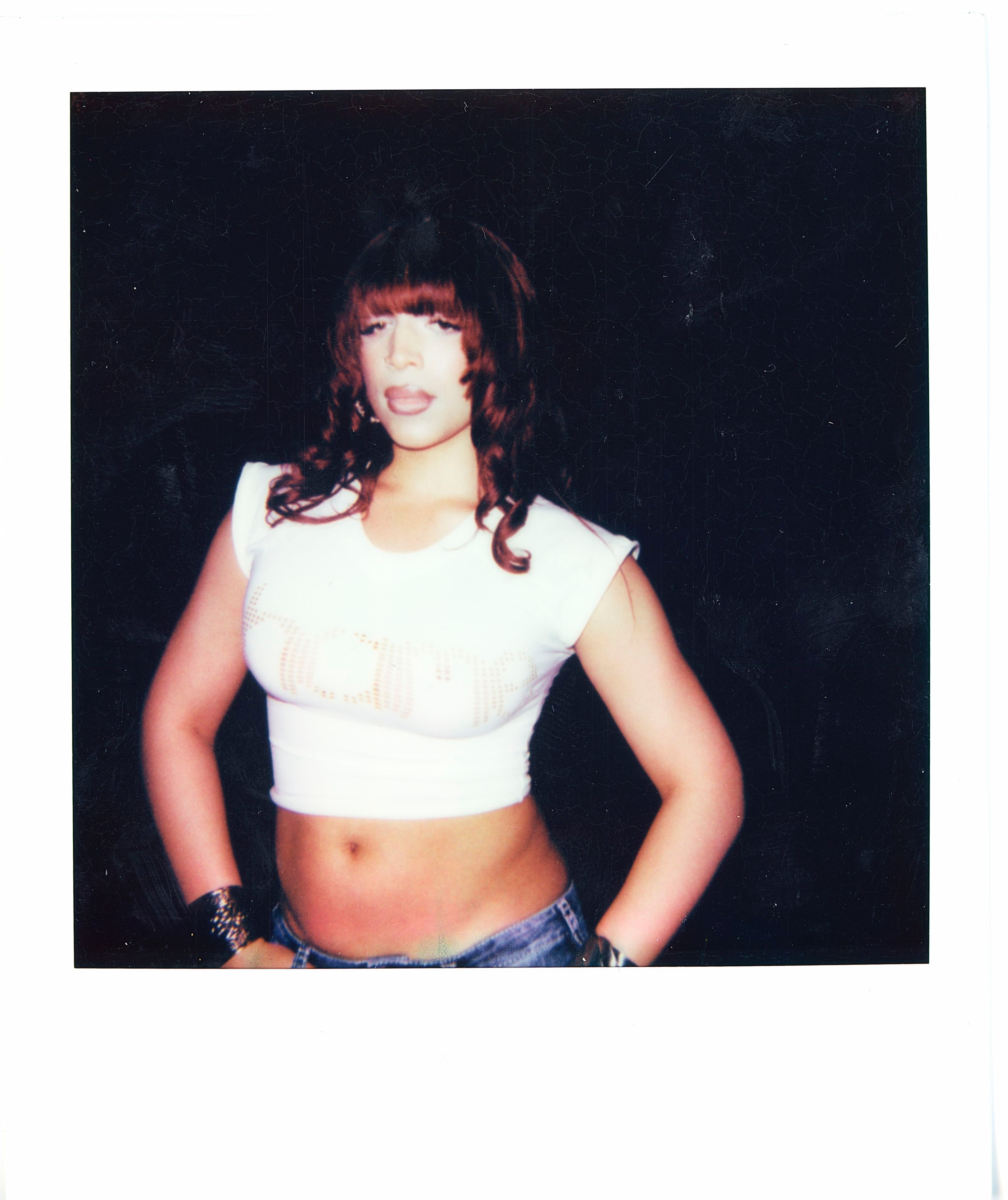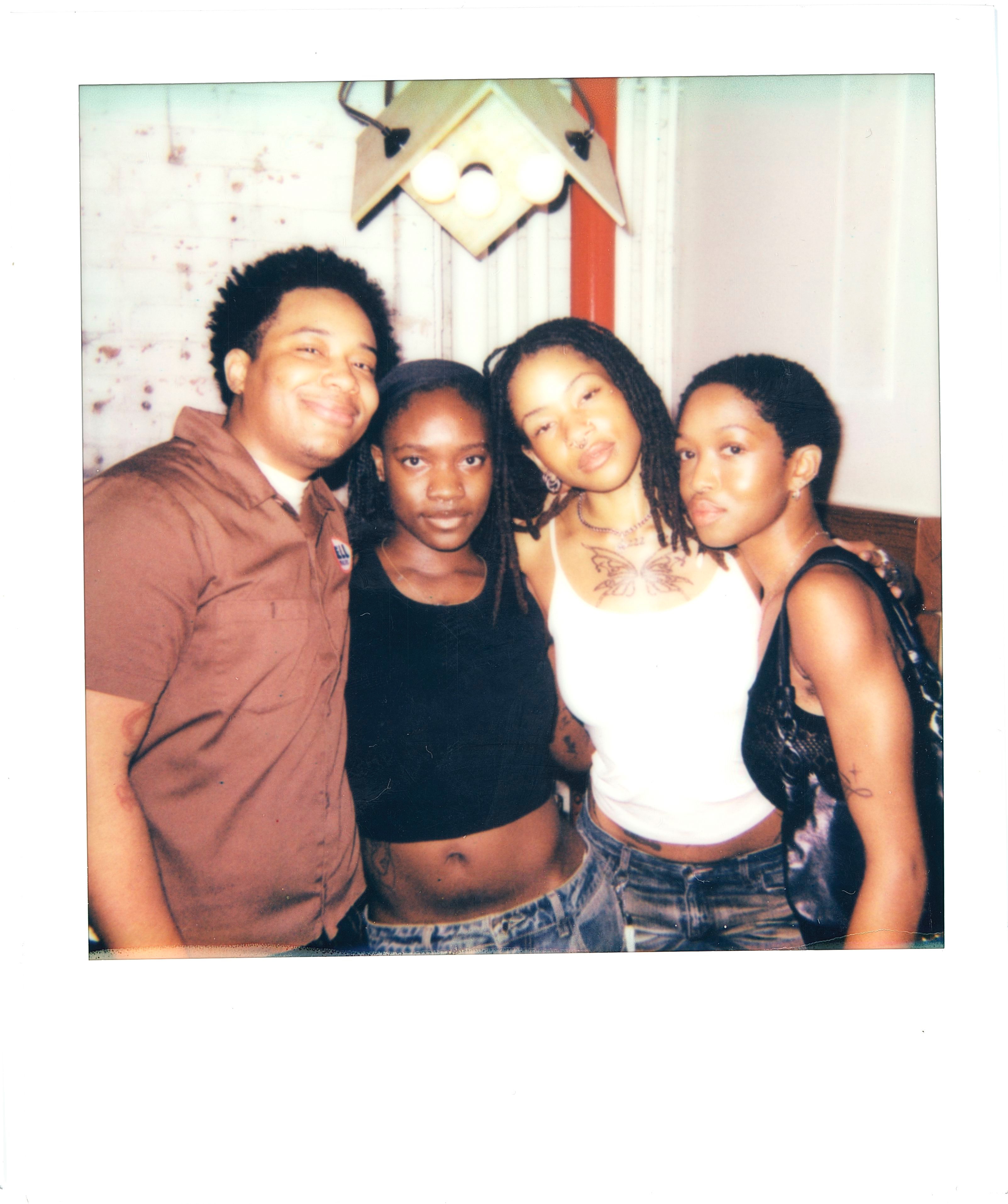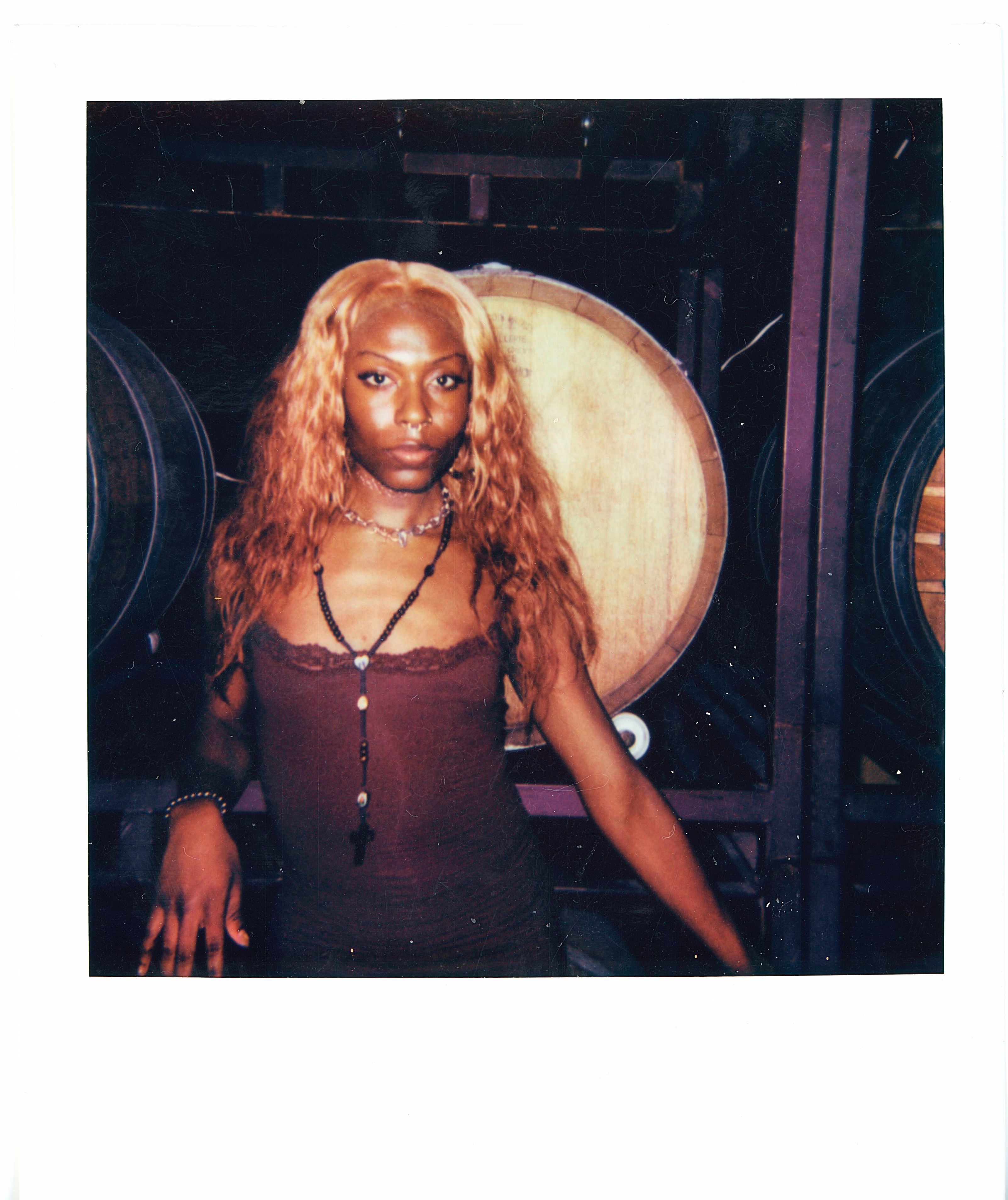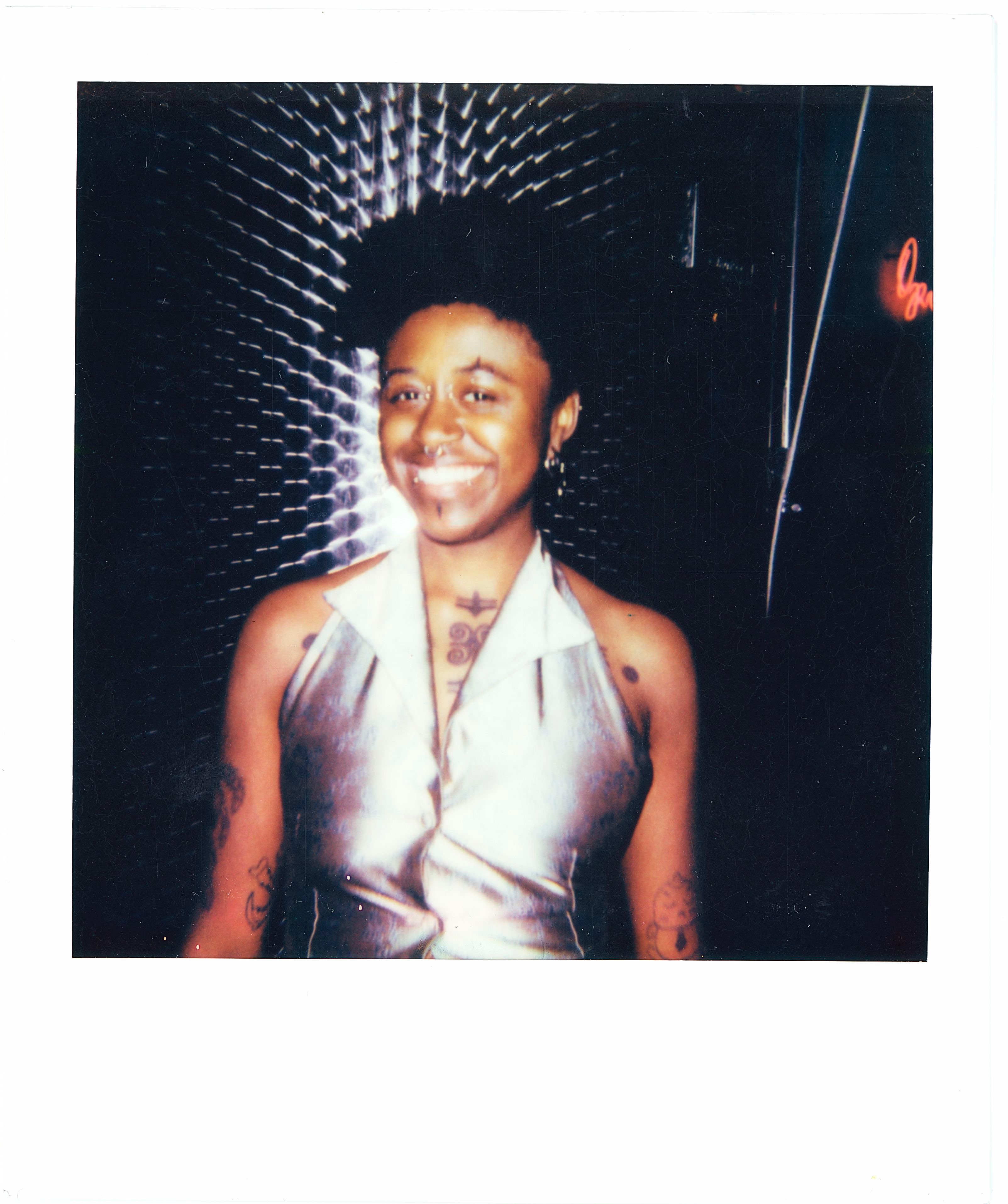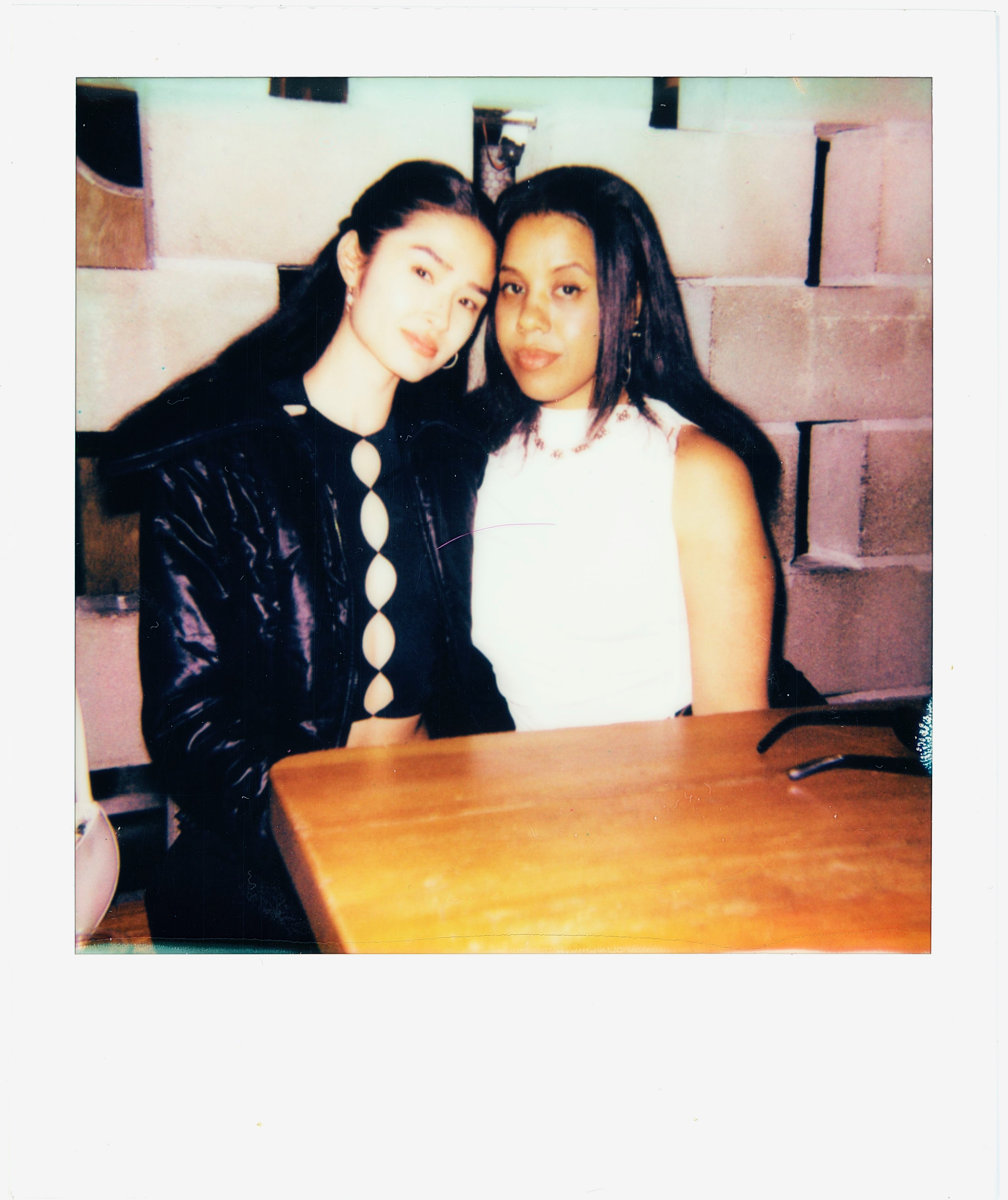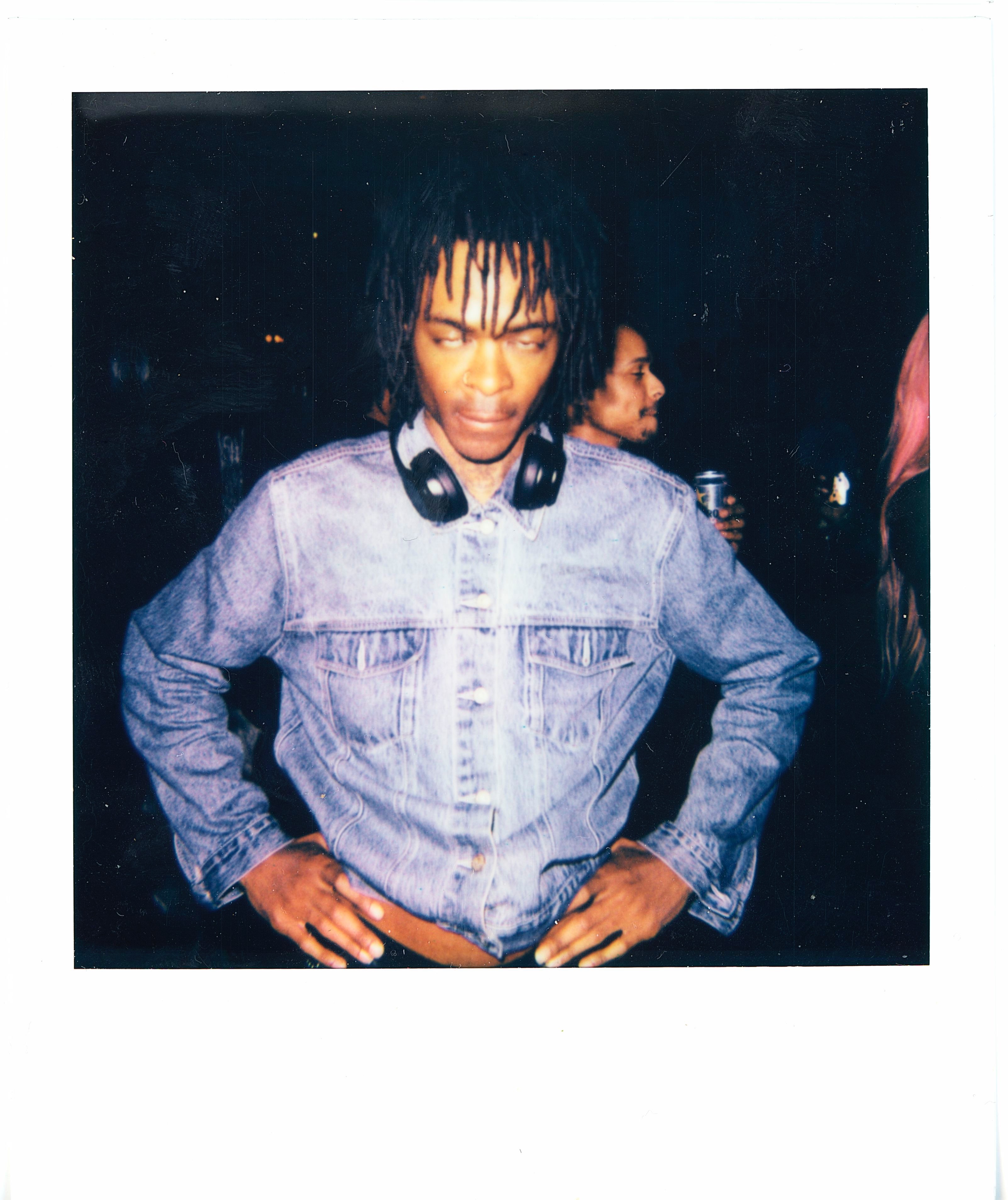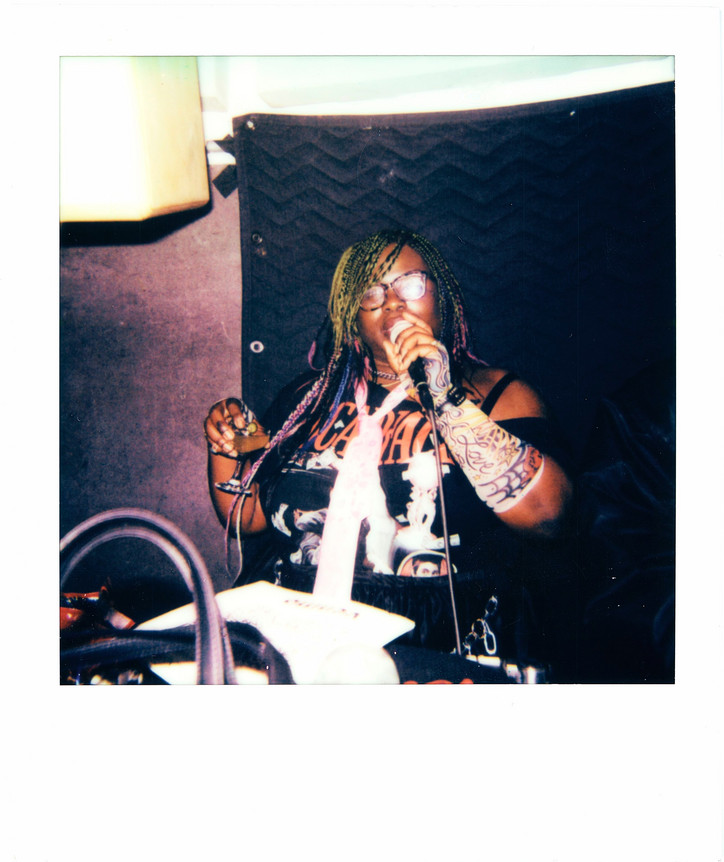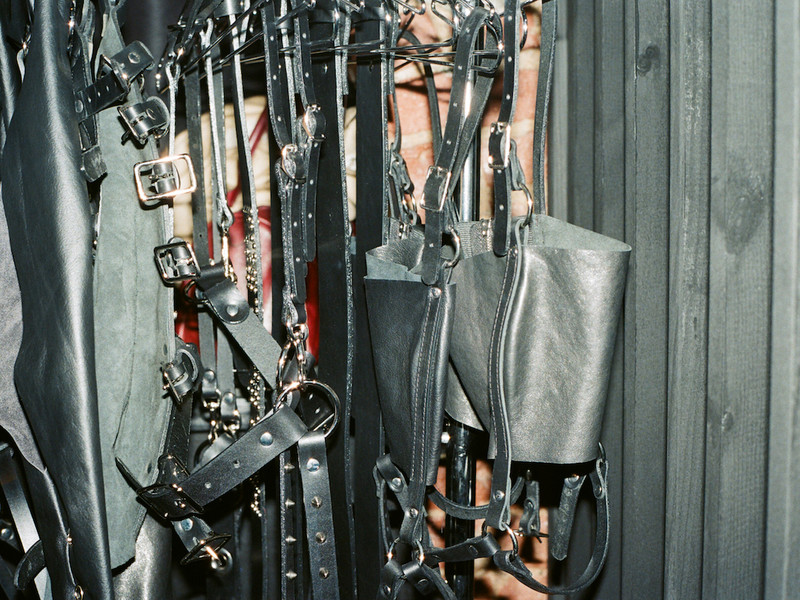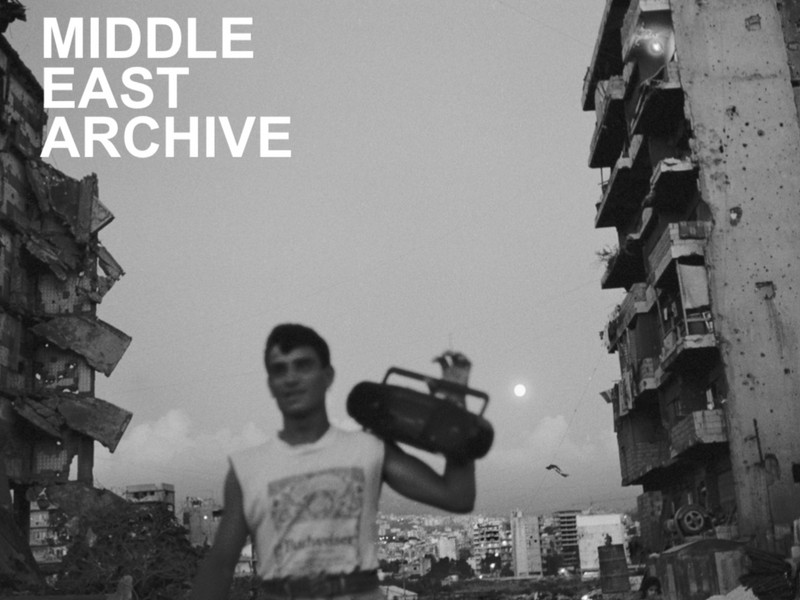Explicit Fantasies, Filthy Commodities
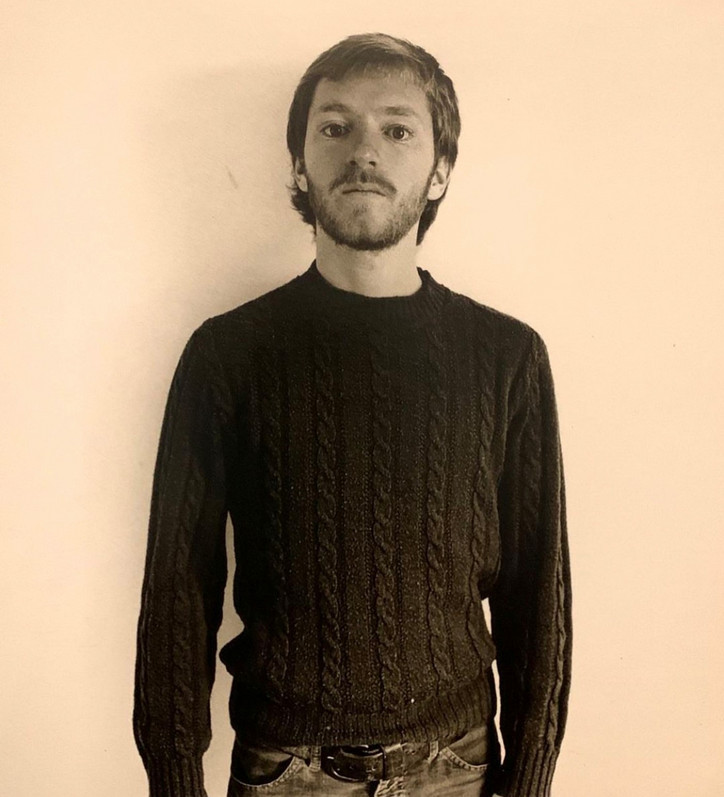
Jack Skelley— Let me turn on my camera. There we go. Hello. It's wonderful to meet you.
What a beautiful bookshelf you got behind you.
Look how high up it goes all the way to the ceiling, and all the way to the floor.
Yeah, that's what I would like to have one day; the ultimate proof of achievement.
Of course you run out of room immediately, you know.
Do you have your own books back there?
Yeah, my whole set of them.
Oh, further achievements. How are you doing?
I'm very good. Thank you. Glad to meet you.
It's great to meet you too, thank you for reaching out.
I got happily surprised because my editor looped me in the thread and initially I was like; what is this email even talking about? Either this man is something really good or this is something really really bad. Let's just say my intuition was right. I went down a deep rabbit hole researching absolutely everything about you, your book, you new scene - are you ready to drag us out?
Does that mean that you have been able to read the book?
It does indeed. How would you talk about it to the unknown reader though, how would you describe the book yourself?
The novel was written in the mid 1980s. It was published in bits and pieces, but has never appeared in its complete form until now. I was unsuccessful in having the complete book released at the time, because you know, things don't happen sometimes. But then, last year, Semiotext(e) decided to publish it. And that was a huge thrill. I mean, when I got that news, I couldn't believe it.
Was it like laying around in their archive and all of a sudden Semiotext(e) reached out to you and were like, By the way, we would love to finally put this previous failure into print?
Kind of, yeah. They had known about it and owned copies of the original chapbook excerpts. Publishers Chris Kraus and Hedi El Kholti and I swim in the same literary and art circles. Through our mutual friends — Dennis Cooper and Sabrina Tarasoff the complete manuscript made its way to them and they said, “Ok, we'll do it.”
In some ways the novel is a departure for Semiotext(e), but in others it fits with their decades-long exploration of language, extreme sexuality and theory. That's basically the back story, which is perhaps part of the book’s draw. This forgotten novel has become a document of that time and place. This has lent itself to all sorts of ironies and reassessments, including the fact that there are big chunks of the book that even I hadn't read since first writing it!

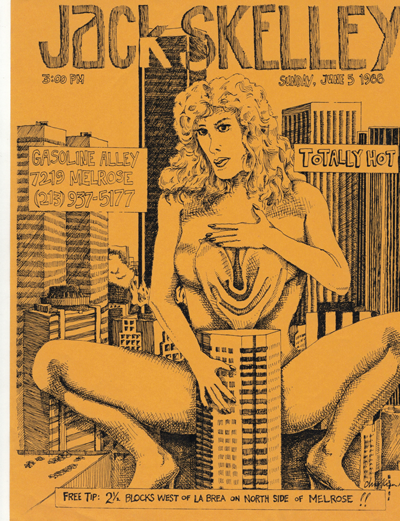
It functions as a testimony of the past, yet at the same time it feels so fresh and so urgent; not only the multitude of messages read between the lines, but also your choice of medium: the way your character constantly, almost harmfully, shifts narrative is very contemporary. I belive it caters directly to just how much, or rather how little, attention our brain is capable of processing today.
That's a very interesting parallel: fractured consciousness and fractured narrative. The structure of the narrative, or perhaps the lack of it in the book, certainly reflects my mind and emotions at that time, including, you know, all those acid trips, sexual fantasies and being engulfed by media, culture and social scenes. Even larger cosmic themes of identity and reality distort the structure of the book. What’s funny is that I was in many ways unaware of their scope or significance at the time I was writing.
Probably a product of the life you were living, and constantly tried to push against?
Definitely. The Jack of the novel is forever testing himself against these forces within and outside of himself…
That’s how our attention span operates these days, even outside the acid trips and its dramatic comedowns. Everything happens in a matter of seconds. The scene right before you take a pee portrays this well, questioning the mere purpose of your own being, “... my inability to say anything. I have no personality and everything I could possibly formulate in my mind has been said ten jillion times before... Plus I have a headache. The piss is streaming out of me for what seems like hours.” Were these stylistic choices calculated or pure occurrences?
Even apart from the ego-dissolution of that scene, the book’s style reflects the influence of Kathy Acker. Although, I should probably mention here that the book is not about Kathy Acker. There is one passage where I quote her texts briefly, I mention her name once or twice, almost as if she’s lurking behind the scenes. However, Kathy Acker’s fractured narratives, her blatant “appropriation” of other writers’ texts, and her wild approaches to sex, politics, and identity made me feel free to experiment. Later on, she became very famous, but at the time I was writing, she was much more underground. Eventually people started labeling this style of narrative as auto fiction. But this remains a problematic term for a very diffuse genre.
But, yes, I was interested in her way of stealing from other texts, stealing from other identities and her kind of collage slash copy paste approach. I figured, “Fuck, if Kathy Acker can steal from whomever she likes, what’s to stop me stealing from her?”
You played her joke back on herself.
I did. And I guess it worked out. In the end.
The book is very personal and unfiltered, thus reading it feels similar to sneaking on people making love, or rather, having sex, or peeking into the pages of somebody’s diary. Yet every now and then you suddenly address the reader, asking if we are still there, or apologizing for writing so much crap just about girls; it reminds us that you are aware of us being there, in the room with you, or with your persona I shall say. Why did you decide to put a narrator between yourself and the story?
There are moments in the book where the narrator addresses the reader or even acknowledges that he's writing the book being read, as when his friends ask him, “Jack, can I be in Fear of Kathy Acker?”
I remember that part, “Only if you do something really interesting.” Such a smug answer.
Haha! Exactly, and the fact that you are able to fill me in right here goes straight to my intentions; The structure and details of the book are created — artificially conjured, even — in the act of writing it and reading it: the book also becomes while it’s being read. And what’s the distinction between fiction and reality anyways?
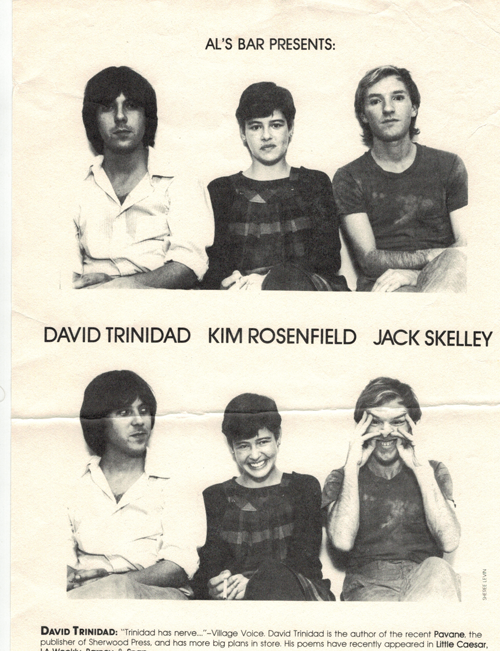
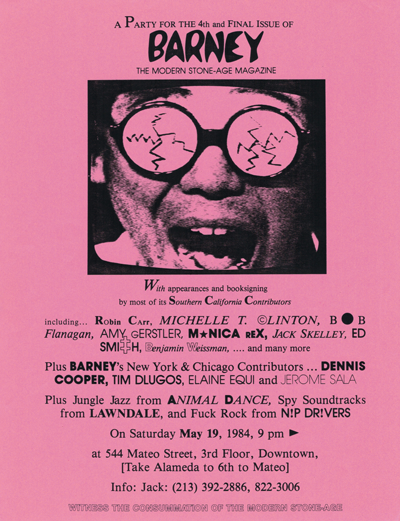
The book certainly comes off as demanding, while your persona is asking himself these existential questions, some deeper than others, it also commands the reader to question themselves, opening the door for various, personal interpretations. Speaking of such, what has the reception been like? I’m thinking about the sexual language in particular.
Thank you, I'm very glad you asked that question. In the months leading up to publication, I was in an extreme state of anxiety about how the book would be received, particularly about its many explicit sexual passages. I was worried that I might be attacked by whatever “cancel culture” is about these days. But all my anxiety was for nothing. It was just in my head, as usual. Haha. Instead, even before the book's official publication date, it sold out.
I read that. That's nuts.
It's nuts, right? My publisher was like, “What the hell, we have four launch events lined up. We don't have enough books!” That caused a slight panic. But, of course, that's a good type of panic; we figured it out. And the warm reception, especially from younger readers, has been a wild surprise. The situation makes a great story in itself. That's why I reached out to office, for you must be the younger generation, right?
Right. A generation which above all is described, and identified, as very “woke,” where explicit language, of women in particular, hasn’t necessarily been on screaming demand. However, the difference between your words and many other works is that your narrator addresses the impact of the larger culture which he so obsessively consumes.
100%. You really caught that. The Jack in the book is not simply a steaming sexual Id. I was trying to portray his entire reality. The narrator, reflecting on his feelings toward women, is aware that his sexual desires or provocations or kinks are somewhat manufactured by mass culture.
But to some extent those desires are also part of our animalistic nature, underneath their fabricated capital. How far can we blame consumerism for our failure and how much of it is our own flaws?
Wow. Yes! It seems that only a minority of people take authority for their actions and feelings, including sexual realms. It’s important that both writers and readers are aware of their own responsibilities, and try to understand who they are at essence as well as those “outside” forces that helped shape them.
It seems most people, when it comes to sex or politics, for example, don't question their influences, how they are being manipulated by media, language or culture. Perhaps you and I fit into the first mentioned, the “hipster world” if you like (although it’s an inadequate term), which is of the intellectual, provocative kind. Hence we’re accustomed to self-analyzing, becoming overly self-conscious, many mini self-doubting Hamlets — much like the narrator — seeking what’s hidden not only behind society but beyond himself.
“Jack” has a character arc even though the narrative is very unstructured. He is anxious and conflicted. He has terrible social anxiety, as when he is shrinking in the corner at a Hollywood punk party, for example. He also consumes mushrooms and LSD, and has a couple bad trips, which cause further ego-dissolution and boost his obsessions and depressions. Including some scary suicidal moments. But eventually he finds flashpoints where he seems to have gained insight. He's then able to flip his perception of these experiences and take control of them.
His own authority grows towards the end of the story, where the narrative gets very cosmic — but still comic — and he finally understands that his imagination is the key to "being", to entering a world of art. He forms a creative identity that is more comfortable for him.
However, he never manages to escape his existential prison to the full extent. He’s still doubting himself towards the end. The last section of the book is dominated by questions, and the answers shine in their absence. But I think he does achieve, as you previously suggested, somewhat of a separation between himself and his surroundings; a transcendent state of mind.

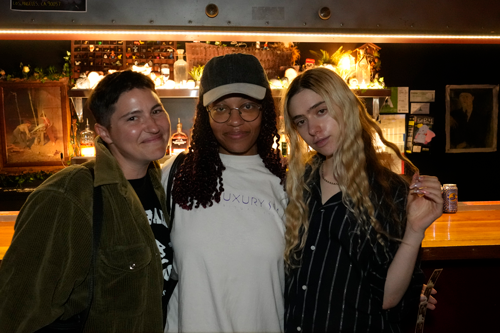
The very last question reads “You’re still there, right?” I like to believe that the question has been both echoed and answered by the collectives you participate in today. Would you like to tell us more about Beyond Baroque, and Car Crash Collective?
So there's so much to say about that, and I sent you that post that I put on Instagram last Saturday…
…it’s so relevant to our conversation. This book, as well as much of my ongoing literary, musical, artistic identity, originates from a formative period in the 80s Los Angeles art scene. I was working at Beyond Baroque, the literary/arts center in Venice California, where many creative writers, artists and musicians were also my friends. With Dennis Cooper somewhat as our “gang leader," we created an alternative art scene. Pretty much anybody was welcome, and pretty much all of us were unknown at the time, even though several of their names have since become familiar or famous. What excites me is that now, here in Los Angeles and many other places, the appetite for this kind of artistic community, particularly for writers, is stronger than ever. It’s still here, and I’m part of it!
Why do you believe these scenes to be of such importance? What do they respond to or rebel against?
Different scenes and different groups have different reasons for existing. I’m observing the newer, younger collectives in New York and Los Angeles. Take Uncensored New York for example, an art movement led by Samantha Sutcliffe. This group is dedicated to opposing the most destructive kinds of cancel culture. They come at this from an enlightened, perhaps leftist perspective, and their events and artistic products are challenging.
Other groups are formed to break down barriers, often in terms of sexual explorations, while others are born celebrating a pure love for literature. There is a scene for anything. And that’s a good reason to be part of one, and to mix with the others.
You followed up your letter by speaking the language of your narrator, addressing how “I appeared at Car Crash Collective last night in LA. Packed with more kids embracing me. What the fuck?” Let’s talk about Car Crash.
Car Crash Collective is led by two young women — Erin Satterthwaite and Brittany Menjivar — writers who produce monthly events at a bar in Los Angeles called Footsies, as well as more unusual venues. They came to one of the Fear of Kathy Acker launches in Los Angeles, read the book, and soon invited me to appear at their next event which took place last month. And I mean, they're already successful. Car Crash Collective doesn’t need Jack Skelley to take them anywhere or make their scene complete, obviously, but I felt such a creative embrace.
I'm gonna get a little emotional...
Feel very free to.
… They welcomed me, put me on top of the bill and they just… cheered for me, and for the “dirty” parts I read from the book. An incredible feeling. Members of these many alt-lit groups cheer for each other. They're very self-supporting, especially the young female writers who celebrate and explore each other's literature. It’s a shared, heartfelt success. It was a deep pleasure being part of such an honest, vibrant scene. It’s a constellation of scenes, really. It’s artistically and politically sophisticated. And it’s growing daily.
Well, there you have your answer — to Jack’s last question in the book: You’re still there, right?
Incredible. You're right. I think about young people today, and all the challenges they face in a social-media environment, for example, which creates this hyper-intensive pressure to define who you are in an artificial context. Not to mention all the existential catastrophes looming. Of course, my generation faced different pressures, but in a sense they all derive from a technologically administered and market-driven kind of oppression.
You’re even addressing that in the book, exhausted by the fact that “there's nothing left of me but was already dispersed into the electronic universe.” And you said that decades ago!
Haha. And it’s another example of not fully knowing what I was writing at the time. Perhaps I’m still not fully conscious of the larger meaning of it all.
Mr Skelley, neither am I...
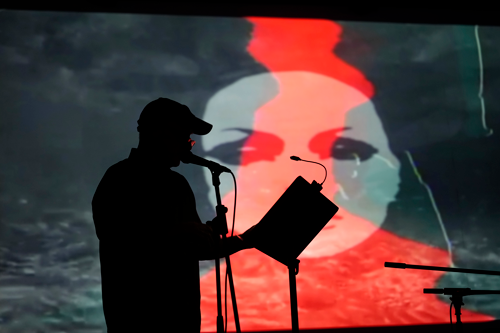
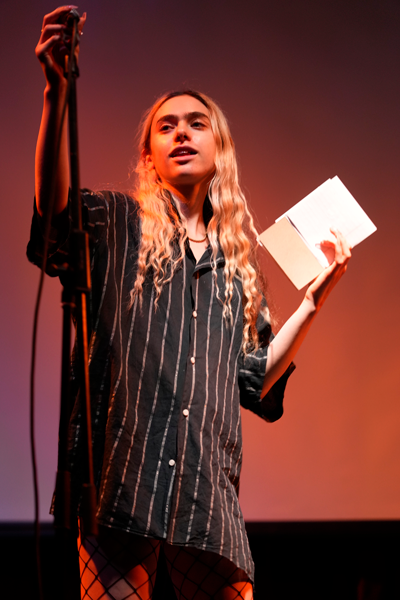
Photographs follows order
Portrait of Jack Skelley, by Mike Jacomella
Jack Skelley 1985 photo by Sheree Rose. Jack skelley at gasoline alley
David Trinidad, Kim Rosenfield and Jack Skelley at Al's Bar. 8 Barney Party
Jack Skelley with Lili Lee (center) and Robin Carr. Kate Carson, Austin & Lily Lady, both at FOKA launch event, Poetic Research Bureau, July 26, 2023, photo by Damian Dovarganes
Jack Skelley performing with video art by Lydia Sviatoslavsky. MC Lily Lady, both at at FOKA launch event, photo by Damian Dovarganes









